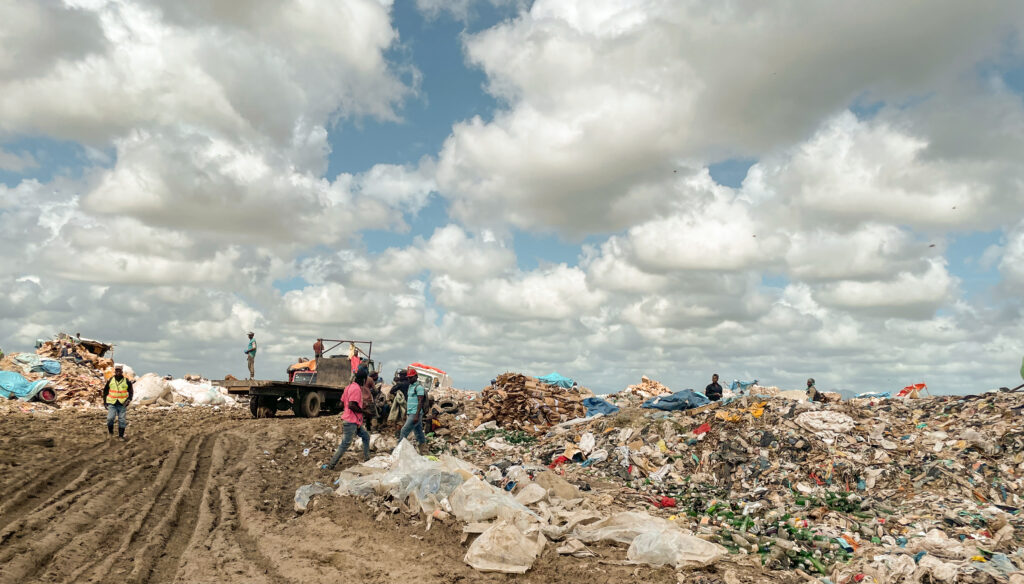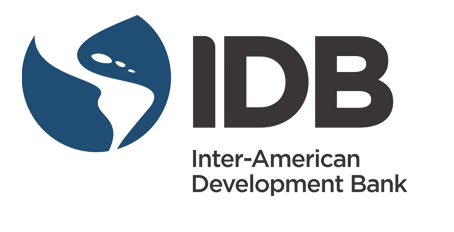
Challenge
The Duquesa landfill in Santo Domingo is the largest in the Dominican Republic, receiving an estimate of 4,000 tonnes of solid waste every day. It has become the livelihood of around 1,000 people, who work at the landfill every day searching for and recycling valuable materials.
The Ministry of Environment and Natural Resources of the Dominican Republic is implementing the progressive closure of the Duquesa landfill (operational until 2030) and the opening of the New Landfill in 2031, which will mean the economic displacement of people working there informally. In this context, R4S developed a gender-sensitive Socio-Economic Inclusion Plan for informal waste pickers in Duquesa.
Our solution
Our strategy has been based on a first phase, during which a Baseline Diagnosis has been carried out with a sample of the population (> 400 people) in the areas of influence and the target population of the Plan, including waste pickers working in Duquesa and all those who interact with the landfill as a means of obtaining income. This has made it possible to identify and analyse the direct and indirect negative social impacts and risks generated by the project on informal waste pickers operating in Duquesa.
In a second phase, a Social Inclusion Plan with a gender focus has been developed, including a Compensation and Livelihood Restoration Plan and a Physical Resettlement Plan, as input for the elaboration of socio-environmental management instruments for the progressive closure intervention. In addition, a Framework for the Development of Waste Picker Inclusion Plans has been developed to be used by the Ministry of Environment in subsequent landfill closure actions.
Impact
Feasible and effective measures have been identified to prevent, mitigate or compensate the effects of landfill closure that aim to create new sources of income for economically displaced people. These measures include, for example: technical and personal training programmes; compensation in the form of indemnities; provision of equipment and inputs; and negotiation of material purchase agreements.
In addition, a Complaints and Inquiries or Grievances Mechanism has been defined, as well as the agreements and the institutional framework for the implementation of the Plan, the implementation schedule and cost estimates for the implementation of the Plan, and the development of a Social Monitoring and Follow-up system.
All of this should reduce the potential impact on waste pickers to re-establish their source of income in a stable manner and, where possible, improve it.


